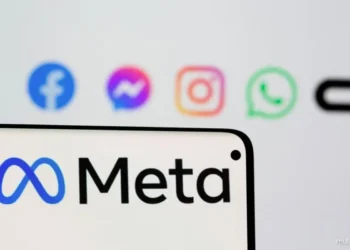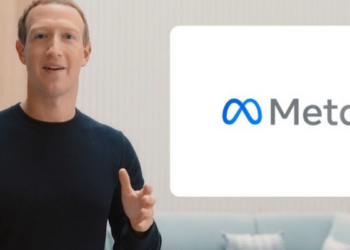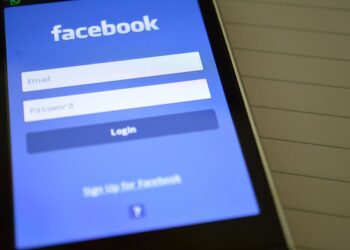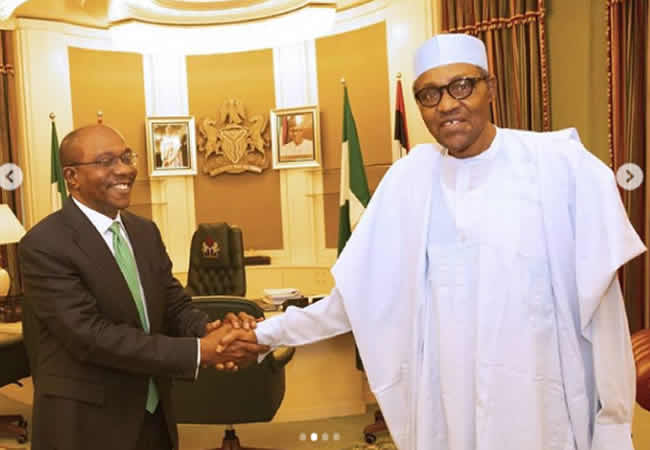Social media and networking service, Facebook has announced that it would expand its anti-fake news project aimed at combating fake news to 10 more countries.
Facebook said the project would move to Ethiopia, Zambia, Somalia, Burkina Faso and other countries after successfully pioneering it in Nigeria, South Africa, Kenya, Cameroon and Senegal.
[READ MORE: Facebook deletes multiple accounts in Nigeria, others]
Speaking about the project, the Facebook Head of Public Policy in Africa, Kojo Boakye, said that the global media outfit had partnered with Agence France-Presse (AFP), France 24 Observers, Pesa Check and Dubawa to help reduce the spread of misinformation and assess the accuracy and quality of news people find on Facebook.

“Working with a network of fact-checking organizations, certified by the non-partisan International Fact-Checking Network, third-party fact-checking will now be available in Ethiopia, Zambia, Somalia and Burkina Faso through AFP.
“Other countries including Uganda and Tanzania through both Pesa Check and AFP; Democratic Republic of Congo and Cote d’Ivoire through France 24 Observers and AFP, Guinea Conakry through France 24 Observers, and Ghana through Dubawa.
“Feedback from the Facebook community is one of many signals we use to raise potentially false stories to fact-checkers for review,”Boakye said.
According toBoakye, while they had made great progress, the company would keep investing to ensure Facebook remained a place for all ideas but not for the spread of false news. There would be more responsibilities for Facebook staff as fact-checking journalists verify information circulating on the platform.
[READ ALSO: Paypal drops out of partnership with Facebook’s Libra]
Why this matters: Facebook’s move to include local languages is commendable because given the language diversity in African countries where Facebook has grown widely popular, fake news is bound to be posted in local languages.
So, this fact-checking programme means users don’t always have to access sources to be sure about the authenticity of news as it will already be provided for them on Facebook.























